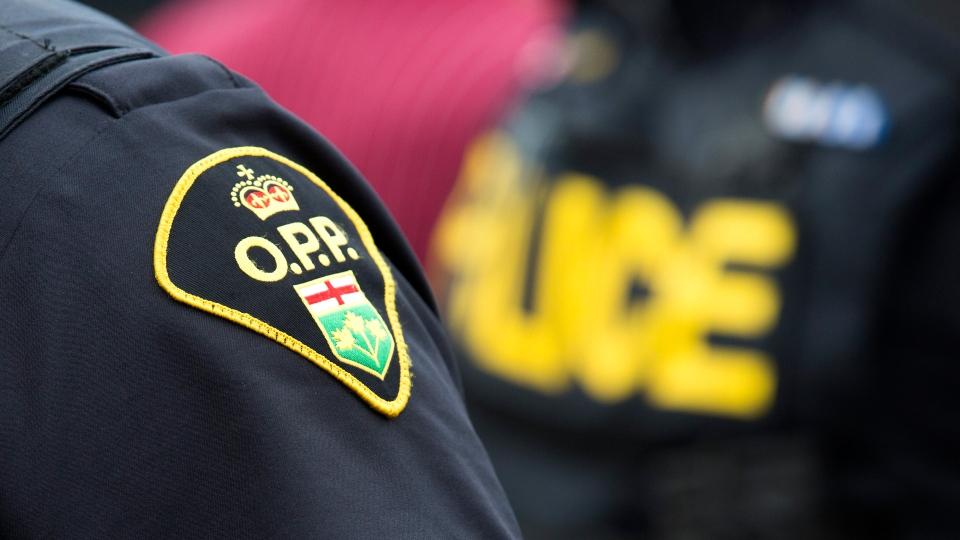Workers concerned for survivors of domestic violence amid Ottawa protests
Posted Feb 3, 2022 03:18:00 AM.
Workers who help women exit situations of domestic violence are concerned about how unruly “Freedom Convoy” protests are affecting those who have experienced intense trauma.
Wendy Mitchell, chapter director for Shelter Movers Ottawa, said the volunteer-powered organization has had to rethink how it helps survivors as the downtown core becomes congested with protesters.
“We've absolutely spent an enormous amount of time trying to make sure that our volunteers and the survivors that we serve are safe in their execution of the move, and we've had to reroute,” Mitchell said. “A lot of the people we're moving are coming in and out of downtown or have services in downtown, so we're picking them up at those locations.”
In one example, she told The Sam Laprade Show that Shelter Movers Ottawa had to add a couple of hours to a move on Friday, January 28.
“The stress and the anxiety that the survivor was having sitting in the passenger seat just not knowing when she was going to be able to get to that safe place and get her things out of her previous home and get back and be able to be in that safe place,” she said. “It was very frustrating, very sad and quite frightening, to be quite honest.”
At the peak of the protests on Saturday, Ottawa police said anywhere between 8,000 and 15,000 people were protesting in the streets of downtown — and more are expected to be protesting again this coming weekend.
It's an issue that has been impacting the operations of numerous groups in Ottawa, including health care workers and downtown residents.
Despite the impacts protests are having on Ottawans, protest organizers told the media in a statement on Wednesday, February 2 that demonstrations will “remain in Ottawa for as long as it takes.”
Not wanting to generalize the experiences people go through, Ray Eskritt, Harmony House's executive director did say, however, that some who have experienced domestic violence or intense trauma will have anxiety for the rest of their lives.
“Some people will be able to conquer that,” Eskritt told The Sam Laprade Show. “But when you get into large demonstrations, it can be overwhelming.”
Eskritt added that shelter staff do a “phenomenal job” to ensure women can have peace of mind when they move.
“We're used to things going wrong,” Eskritt said. “That's part of the joy of working with people and systems. But when a woman is afraid and still afraid and still working through that fear, being confronted with angry shouting, with loud noises, with any kind of unexpected mishap, it can cause a meltdown.
“It is quite frightening for a lot of people. And you don't even necessarily have to be a survivor of violence to find it quite frightening.”
Eskritt said that having an ever-changing situation such as the COVID-19 pandemic already takes a toll on most people, including survivors, and that community is needed in order to heal.
“What it comes down to is, we need to come together and not pull apart,” Mitchell said. “Right now, the coming together is so disjointed that you can't get to the real issues of actually addressing the things that matter and that need to be looked after.”








